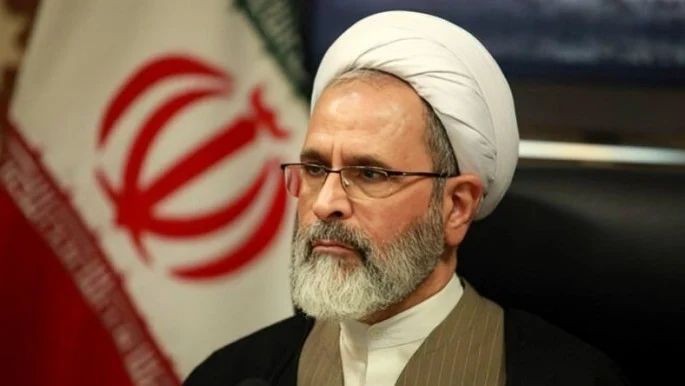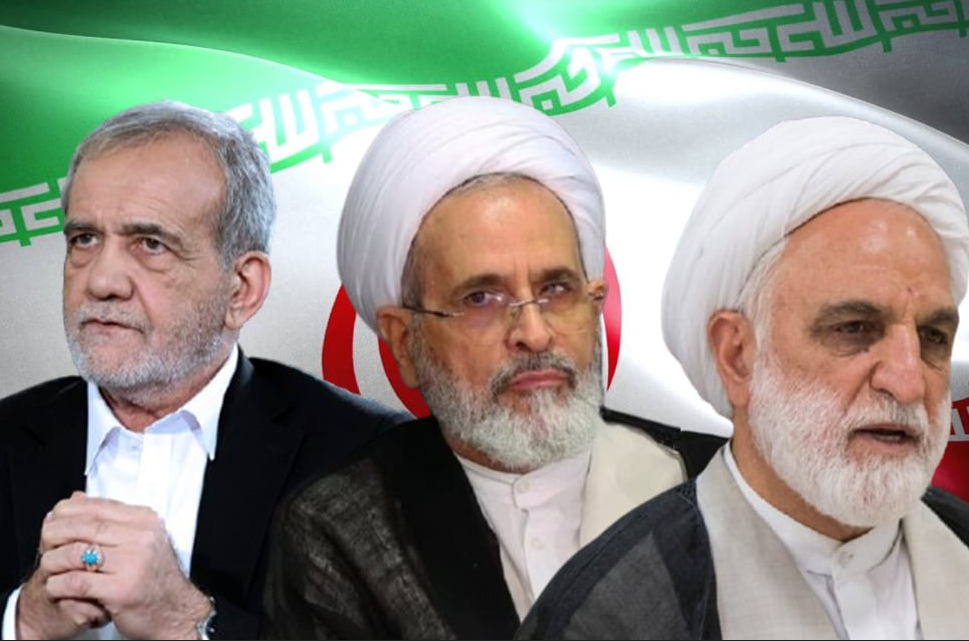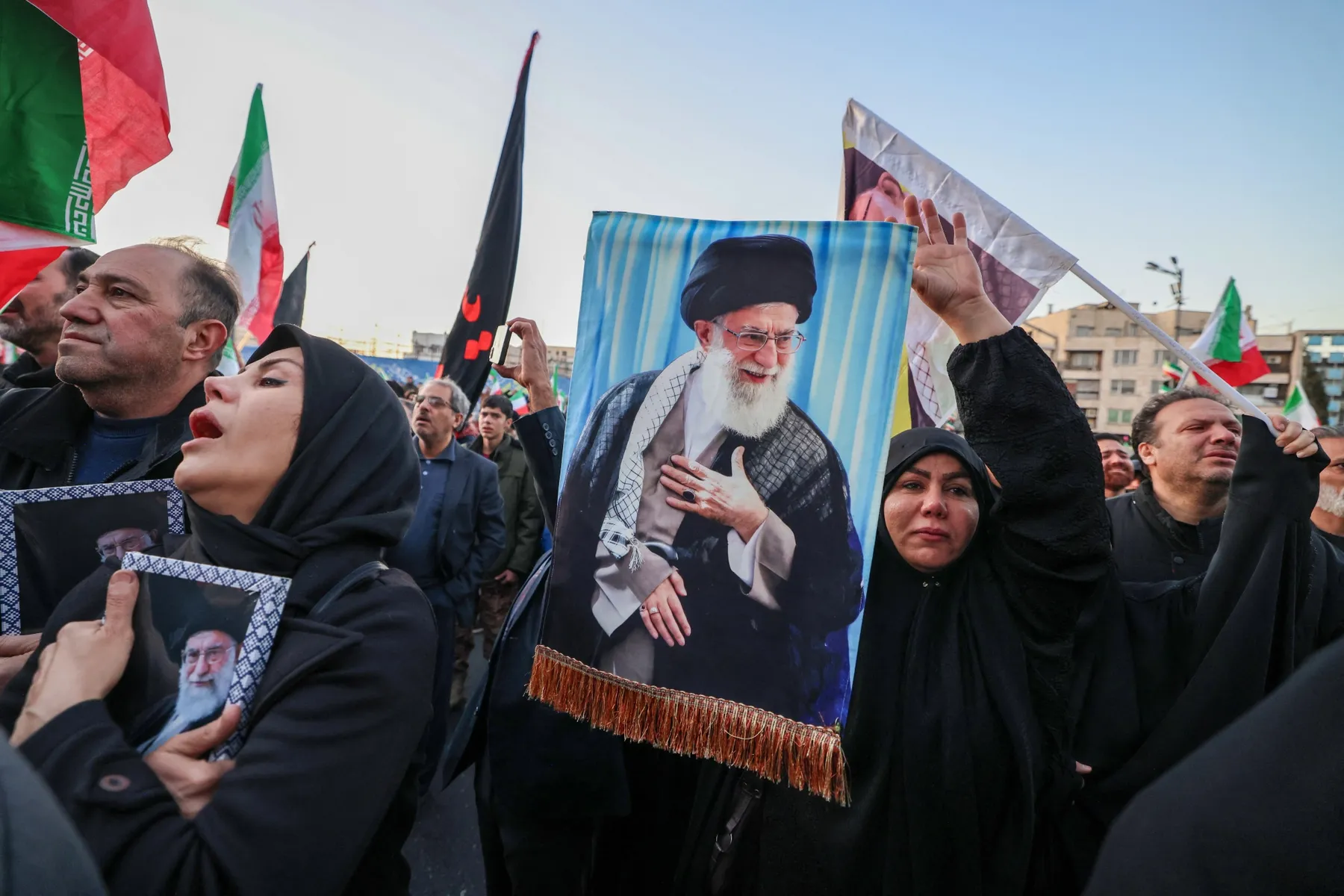Canadian Prime Minister Mark Carney said he had privately apologized to U.S. President Donald Trump over a political advertisement promoting anti-tariff messages. Carney also confirmed he had advised Ontario Premier Doug Ford not to run the ad.
Speaking to reporters Saturday after attending an Asia-Pacific summit in South Korea, Carney confirmed he apologized to Trump during a dinner hosted by South Korea’s president on Wednesday.
“I did apologize to the president,” Carney said, echoing remarks Trump made on Friday.
Carney added that he had reviewed the advertisement with Ford before it aired but had opposed its use.
“I told Ford I did not want to go forward with the ad,” he said.
The ad, commissioned by Ford, features a clip of former U.S. President Ronald Reagan warning that tariffs can lead to trade wars and economic damage. The political spot came amid rising tensions over U.S.-Canada trade.
In response, Trump announced plans to increase tariffs on Canadian goods and paused trade negotiations with Canada. Despite Carney’s apology, Trump said Friday that the United States and Canada will not resume trade talks in the immediate future.
Earlier in the week, Trump had described his conversation with Carney at the South Korea dinner as “very nice” but provided no further details.
Carney’s trip to Asia also focused on reducing Canada’s heavy reliance on the United States for trade. He said the process would take time but emphasized that progress is moving quickly.
“It can’t happen overnight, but we’re moving very fast,” Carney said, highlighting efforts to strengthen trade partnerships with other countries in the region.
A major highlight of the visit was Carney’s meeting with Chinese President Xi Jinping on Friday. The talks marked a significant moment in Canada-China relations, which had been strained for years.
The last formal interaction between Canadian and Chinese leaders took place in 2017, when then-Prime Minister Justin Trudeau met briefly with Xi at a San Francisco summit. Since then, tensions have increased, especially following the detention and execution of Canadian citizens in China. Canadian security authorities have also cited Chinese interference in at least two federal elections.
Carney said his discussions with Xi covered these sensitive issues, including foreign interference, along with trade and diplomatic concerns.
The political ad controversy and ongoing trade disputes illustrate the complex dynamics Canada faces in balancing relations with the United States while expanding ties in Asia. Carney’s approach appears to blend direct diplomacy with efforts to diversify trade partnerships.
By apologizing privately to Trump, Carney signaled a willingness to maintain a working relationship with the U.S., even as he pushes for broader economic independence.
Canada’s strategy now includes fostering stronger ties with countries like China and other Asia-Pacific nations, aiming to reduce vulnerability to U.S. policy changes. Carney acknowledged that success will take time but expressed confidence in Canada’s direction.
“Our engagement in Asia is a key part of Canada’s economic strategy,” he said. “We are taking steps to build strong, long-term relationships beyond North America.”
The trip reflects Canada’s broader goal of balancing diplomacy, trade, and security concerns in a complex international environment. Carney’s careful handling of the political ad issue demonstrates the fine line Canadian leaders must navigate when managing relations with the U.S. while pursuing global partnerships.







